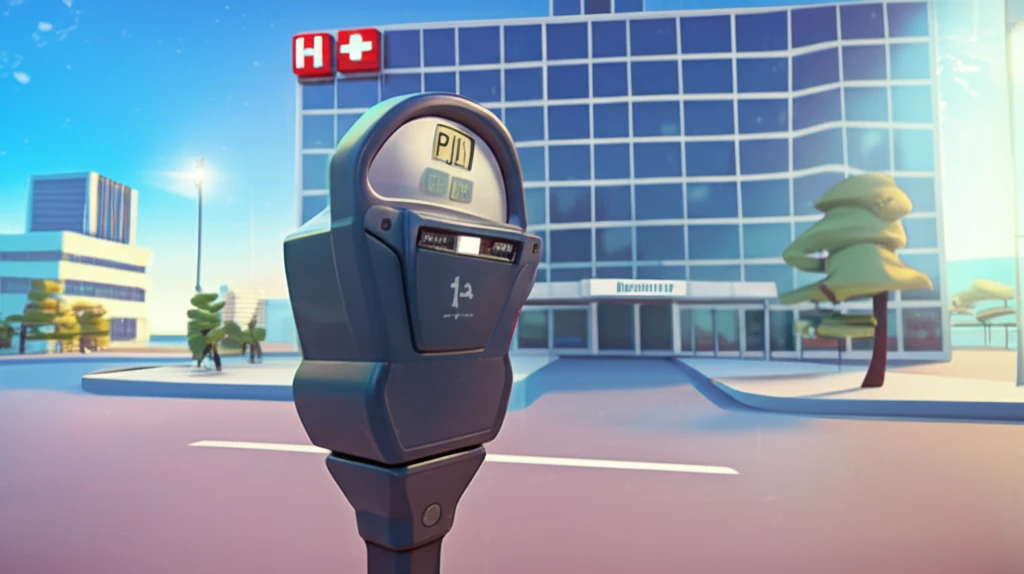
Hospital Parking Fees: Why Are They Still a Necessary Evil?
"Explore the contentious issue of hospital parking fees in England, the reasons behind them, and whether there's any hope for change."
Hospital parking fees have long been a source of frustration for patients, visitors, and staff in England. While the NHS aims to provide free healthcare, the reality of parking charges often feels like a contradiction, adding financial strain to already stressful situations. This article delves into the reasons behind these fees, the arguments for and against them, and whether there's any prospect of change on the horizon.
In 2018, NHS Digital published data revealing the significant revenue generated by hospitals through parking charges. Trusts in England made £69.5 million from charging staff and an additional £156.8 million from patients and visitors. These figures highlight the substantial financial burden placed on those who rely on hospital services.
The financial pressures faced by the NHS often serve as the primary justification for these charges. However, critics argue that they disproportionately affect vulnerable individuals and that the funds could be sourced elsewhere. As we examine this complex issue, we'll consider the perspectives of patients, healthcare professionals, and policymakers to understand the full scope of the debate.
The Rationale Behind Hospital Parking Fees: Financial Pressures and Revenue Generation

Hospitals often defend parking fees as a necessary means to generate income and manage limited parking spaces. In a climate of financial constraints, these charges are viewed as a way to supplement budgets and fund essential services. The sector regulator, NHS Improvement, has stated that it is appropriate for trusts to develop “commercial income opportunities,” which includes parking revenue.
- Revenue Generation: Parking fees provide a direct source of income for hospitals, helping to offset operational costs.
- Space Management: Charges help to regulate parking demand and ensure that spaces are available for those who need them most.
- Infrastructure Maintenance: Funds are used to maintain and improve parking facilities, including lighting, security, and accessibility.
- Investment in Patient Care: Some hospitals allocate parking revenue to enhance patient services and invest in new equipment.
The Future of Hospital Parking: Is Change on the Horizon?
While the debate over hospital parking fees continues, it remains to be seen whether significant changes will be implemented in the near future. The financial pressures facing the NHS, combined with the perceived benefits of revenue generation and space management, make it difficult to eliminate these charges entirely. However, increased transparency, fairer pricing policies, and alternative funding models could help to alleviate the burden on patients and staff. Ultimately, a balanced approach is needed to ensure that hospitals can continue to provide high-quality care without imposing undue financial hardship on those who rely on their services.
